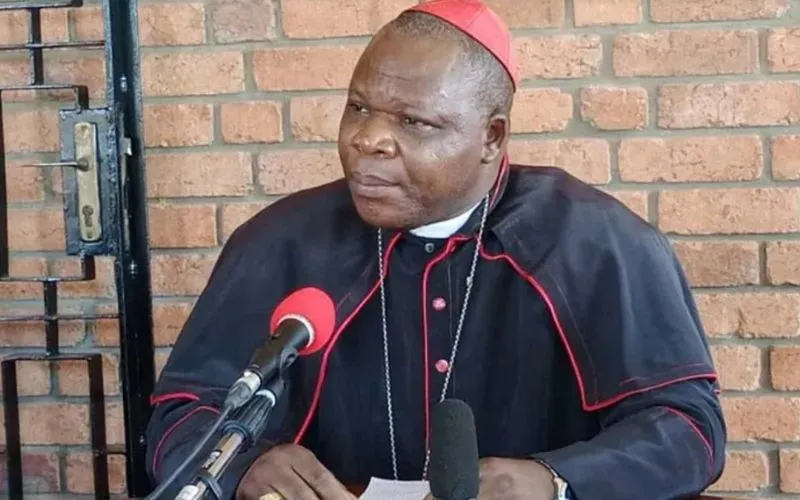The member of the Congregation of the Holy Spirit under the protection of the Immaculate Heart of Mary (CSSp.) said that despite these reassuring figures, effects of the conflict are still strongly felt at all levels.
“In my opinion the biggest problem is that of education. Schools are now open all day and not just a few months a year, they can be reached without danger, but the years of blockade of the education system that have accumulated are now taking their toll,” the Cardinal said.
The 57-year-old Cardinal who started his Episcopal Ministry in July 2012 as Archbishop of Bangui said, “The level of education of students and teachers is rather poor. In some cases, teachers are simply civil servants who lack the necessary vocation. And many parents prefer to send their children to work rather than to school because they have to pay fees, but also because school does not guarantee a good education.”
“The state of infrastructure is also serious: the roads, for example, are a disaster in some areas and some stretches are only completed after weeks,” the Spiritan Cardinal further said.
With the arrival of the Wagner Group, the Cardinal said Russian influence is clearly visible in the Central African territory.
“The Russians were called in to provide security, and it must be said that the security situation has improved since they have been here. It is obvious that they are not here out of philanthropy, but to control the gold mines and diamonds, they exploit our mineral resources and have replaced the rebels in controlling the most strategic places, also because they were the only ones who could penetrate the most remote areas and expel the anti-government militias,” Cardinal Nzapalainga explained.
He continued, “The rebels were very afraid of the mercenaries of the Wagner group. Since the government allowed the Russians into the country, violence has drastically decreased.”
“Our internal and external refugees are returning but the problem is that they find their homes destroyed or occupied by others,” the Cardinal said.
He explained that the Platform of Religious Leaders is working intensively on this emergency and has called on the occupiers to return the homes to their rightful owners.
“Many are arriving, but it is very difficult for us to provide for them because they live in remote areas where it is almost impossible to reach,” Cardinal Nzapalainga said.








